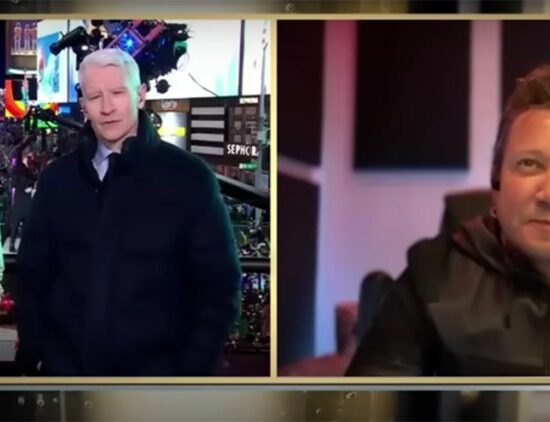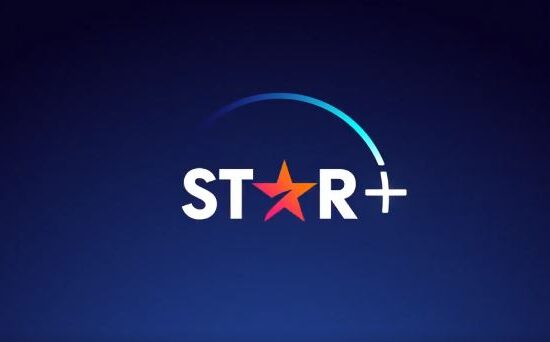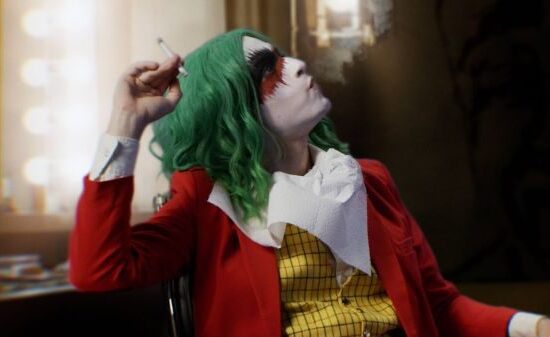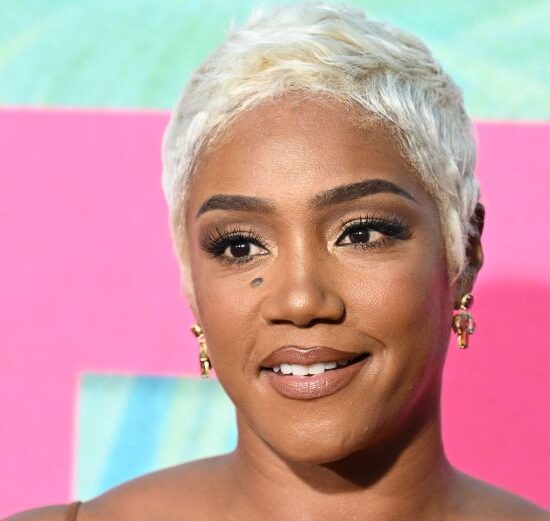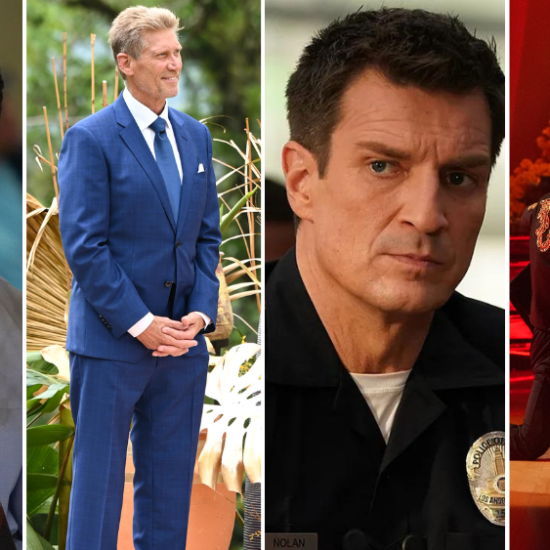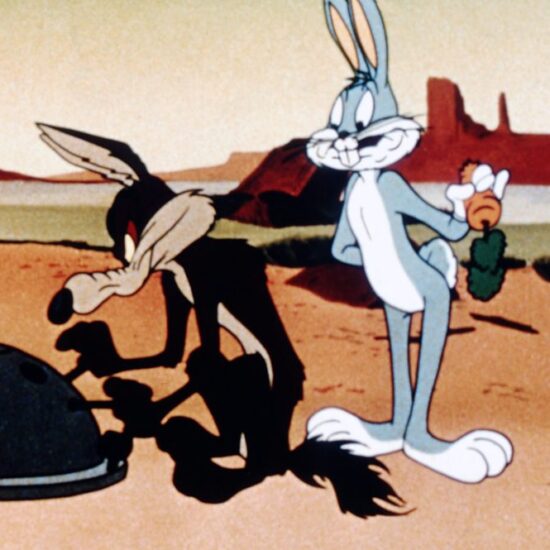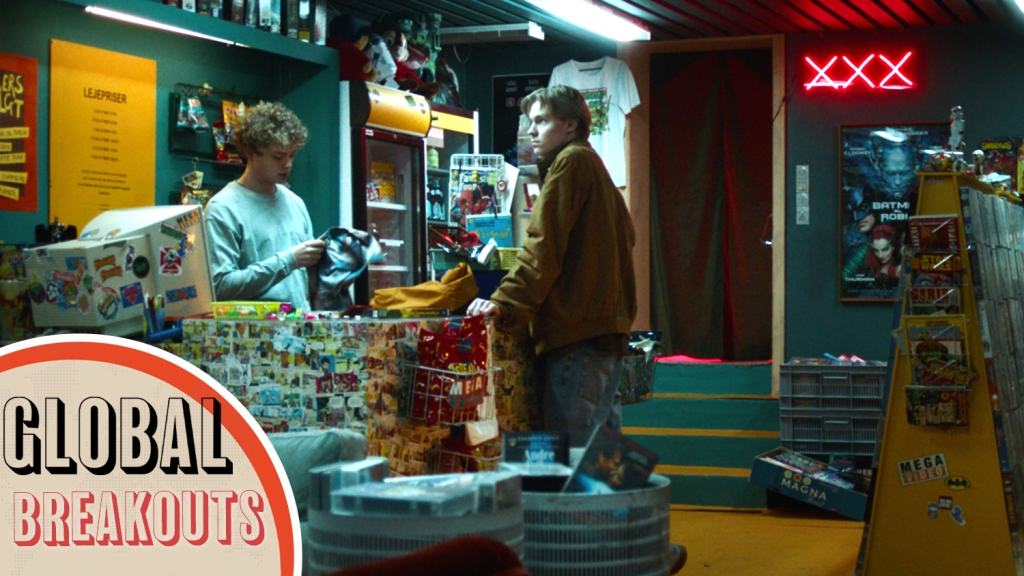
Welcome to Global Breakouts, Deadline’s fortnightly strand in which we shine a spotlight on the TV shows and films killing it in their local territories. The industry is as globalized as it’s ever been, but breakout hits are appearing in pockets of the world all the time and it can be hard to keep track… So we’re going to do the hard work for you.
This week we’re heading to Denmark, where a youth-skewing Coen Brothers-inspired crime drama has been dominating local broadcaster DR’s streaming charts. Nordland ’99 follows the dark twists and turns of a teen friend group living in a small, provincial Danish town, and is the show that its creator wishes was on screen when he was growing up. With the once-thriving Danish TV sector mired in creative clashes and regulatory difficulty, we’ve shone a light on a very local success.
Name: Nordland ’99
Country: Denmark
Network: DR
Producer: Nevis Productions
For fans of: The Coen Brothers, Twin Peaks, Dark
Distributor: DR Sales
“I wanted to make a young person’s crime show for my 15-year-old self,” says Kasper Møller Rask, when reflecting on the origins of Danish public broadcaster DR’s Nordland ’99.
Rask grew up in a small Danish town obsessively watching quirky U.S. capers such as Twin Peaks and Coen Brothers movies, but the young creative wasn’t seeing anything similar coming from his homeland.
“I hated Danish movies and TV shows at the time,” he tells Deadline. “The stories were always social realism and always took place in Copenhagen. I grew up in an opposite place and had never been to Copenhagen, so I wanted to make a show about the place I knew.”
Fast-forward a couple of decades and Rask completed on Nordland ’99, a dark crime show targeted unashamedly and squarely at young people that recently completed its run on DR’s streaming platform, DR TV. The seven-parter has over-performed with audiences and was in competition at March’s Series Mania confab, where judges hailed the “American-style, slow-burning thriller” as a “pure and brilliant stylistic exercise.” The young Rask would approve.
Taking the lead from its title, Nordland ‘99 is set in the late 1990s, when Rask was dreaming of disrupting things. In a small provincial town, Lukas, Kris and Alex hang out, party and try to keep boredom at bay. But beneath the surface, a darkness lurks in the town. When Alex disappears after a party, Lukas and Kris ally themselves with Alex’s sister Emma, and together they start searching for their missing friend.
The synopsis naturally invites comparisons to Netflix smash Stranger Things but Rask and producer Anni Faurbye Fernandez are quick to distance the show from such comparisons due to their contrasting tones.
“People watch the trailer and say it’s similar to Stranger Things but the main difference is our monster isn’t inter-dimensional, it’s human,” says Rask. He also flags themes such as sexual abuse, which the show explores unashamedly — areas to which the U.S show has never gone.
Fernandez, who co-founded Nevis Productions three years ago, celebrates Rask’s distinct style and tone. She notes Nordland ’99 avoided the lighter approach taken by Stranger Things’ Duffer Brothers.
With that in mind, however, Rask acknowledges the decision to set the show in the late ’90s, which helps to give a dark, slow-burn offering a slightly lighter edge at times. In this sense he says it should be compared instead to a different Netflix smash, German supernatural drama Dark.
“In terms of aesthetics, it is a period piece,” he adds. “Rather than social realism I felt I could give this a genre feel but still make it about real things and real problems. I thought that would be an interesting way to do it, although making a ‘quiet show’ was hard.”
Featuring parred-back dialogue, the arthouse approach (Rask has recently been inspired by Netflix’s A24 hit Beef) could have turned viewers off, but Rask and Fernandez were pleasantly surprised when DR told them it had over-indexed for young viewers on streaming, beating off competition from rival dramas aimed at young people.
“I always felt because we had made an arthouse TV series we would get good reviews and not a lot of people would watch,” says Rask. “In the end we had maybe mixed reviews but when we looked at the numbers, people were watching to the end.”
Making shows for young viewers is tricky and Rask’s approach was to imbue youth behind the camera as well as infront of it. “I didn’t want anyone working on this who had worked on a traditional crime show before,” he explains.
Coupled with a small budget, this brought with it its own challenges, and to save money actors were given just two takes per scene, which Rask says ultimately gave them “discipline.”
Fernandez, who produced the Swedish adaptation of Stieg Larsson’s The Girl with the Dragon Tattoo its Millennium trilogy sequels, heaps praise on DR for throwing its weight behind Nordland ’99‘s approach, allowing the team the freedom to play with form and eschewing linear TV to focus on streaming for youth shows.
“We were never bothered by a linear slot and the timing was good, as when this got commissioned DR was focusing more on VoD,” she adds.
Difficult Couple Of Years
The nation that played such a role in bringing Nordic Noir hits including Borgen and The Bridge to delighted audiences worldwide has seen its once-thriving TV sector experience a difficult couple of years.
A writers strike-esque union dispute rumbled throughout last year and while it has been resolved, its ripple effects are still being felt and production pipelines clog and development cycles struggle to realign, while controversy over a proposed streaming levy hangs over the industry. This all followed on from the ravages of the Covid-19 production shutdown and is now compounded by rising economic costs in Europe.
Producers estimate that the lengthy failure for unions and streamers to strike a collective fees agreement has slowed down TV production by around 40%, while Rask says it has had a huge impact on risk-taking.
“I’m 100% sure that Nordland wouldn’t have been made in [today’s] climate,” he adds. “Before the crisis it felt like directors could make TV shows and movies straight out of film school but recently we have gone back to the old, safe ways.”
Fernandez, meanwhile, raises fears that the big U.S. players are simply shifting productions to Sweden or Norway, viewing Scandinavia as an overly homogenous block when each nation in fact brings different qualities and sensitivities to projects.
These fears feel more than legitimate. For the world to keep being treated to breakouts like Nordland ’99, local commissioners need to remember the risk-taking that made the Danish industry such a hub in the first instance, and how this can be transposed to satisfy the modern TV fan.









